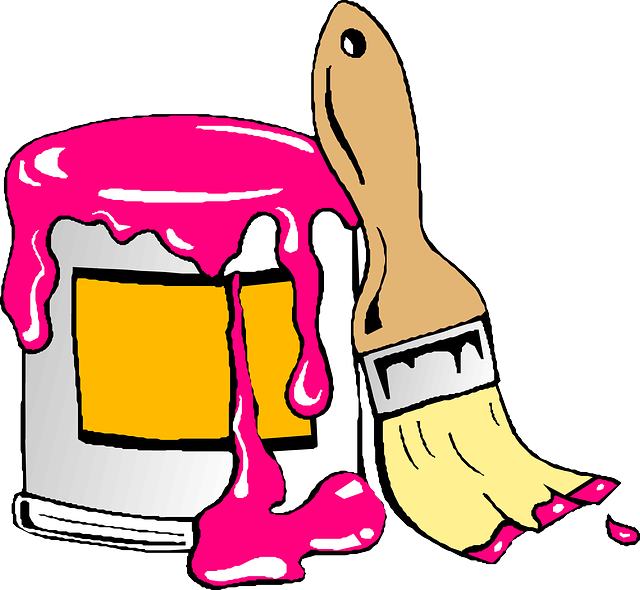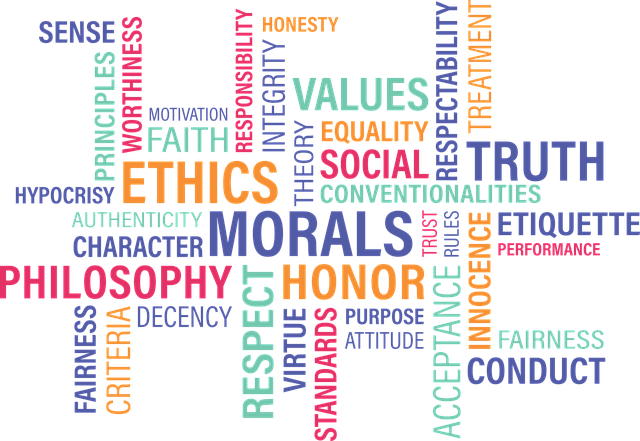TL;DR: Recognizing and accepting gambling losses is a critical step in healing through the Etiquette of Gamblers. By acknowledging emotions like denial, anger, sadness, and guilt, individuals can process financial setbacks and rebuild their lives. Effective communication, active listening, empathy, self-care (including meditation, nature time), and support from understanding friends/family are key to managing losses and promoting responsible gaming and emotional well-being.
In the world of gambling, losses are inevitable. Yet, handling them with grace and empathy is an art that often goes overlooked. This article delves into the etiquette of gamblers, focusing on three key aspects: recognizing and acknowledging loss as the first step in healing; navigating difficult conversations post-loss with respect; and prioritizing self-care to recover emotionally after a gambler’s loss. Let’s explore these essential components together.
- Recognizing and Acknowledging Loss: The First Step in Healing
- Communicating with Respect: Navigating Difficult Conversations Post-Loss
- Self-Care and Recovery: Prioritizing Emotional Well-being After a Gambler's Loss
Recognizing and Acknowledging Loss: The First Step in Healing

Recognizing and acknowledging loss is an essential part of the healing process, especially within the context of the etiquette of gamblers. When facing a significant gambling loss, individuals often experience a range of emotions—denial, anger, sadness, and guilt. These feelings are normal reactions to a perceived or actual financial setback. However, ignoring or suppressing them can hinder the path to recovery.
The first step towards healing is to accept that a loss has occurred and allow oneself to feel the associated emotions. This might involve facing the reality of the situation, understanding the impact it has had, and acknowledging the need for change. It’s okay to grieve; this process is natural and necessary before one can begin to rebuild and regain a sense of balance in both financial and personal aspects.
Communicating with Respect: Navigating Difficult Conversations Post-Loss

When dealing with loss, especially in gambling contexts where money and emotions are high stakes, the etiquette of gamblers becomes paramount. Communicating with respect is an art that can significantly soften the blow of a significant loss. It involves acknowledging not just the outcome but also the feelings of those affected. For instance, instead of dismissing a friend’s disappointment over a large wager loss, validate their emotions by saying something like, “I understand how frustrating this must be after all your hard work.”
Navigating these difficult conversations requires active listening and empathy. It’s crucial to avoid blaming or shaming the individual for their losses. The focus should be on support and understanding rather than criticism. This approach fosters a healthier recovery process, encourages openness about gambling habits, and strengthens relationships—key aspects of responsible gaming and emotional well-being in the face of loss.
Self-Care and Recovery: Prioritizing Emotional Well-being After a Gambler's Loss

After suffering a gambler’s loss, prioritizing self-care becomes an essential part of the recovery process for individuals adhering to the etiquette of gamblers. Emotional well-being should be at the forefront, as it significantly influences one’s ability to navigate future challenges and make informed decisions. Engaging in activities that promote relaxation and stress reduction, such as meditation, deep breathing exercises, or spending time in nature, can help alleviate the intense emotions often associated with gambling losses.
Encouraging a healthy support system is another crucial aspect of self-care. Whether it’s reaching out to friends, family, or joining support groups, sharing experiences and connecting with others who understand the etiquette of gamblers can foster a sense of belonging and provide valuable insights into managing future losses. This collective understanding encourages open conversations about gambling, fostering resilience and promoting healthier gambling habits.
The journey towards healing after a loss, especially in the context of the gambler’s etiquette, involves recognizing the impact, communicating with empathy, and prioritizing self-care. By acknowledging and understanding our losses, we can navigate difficult conversations with respect and grace. Embracing self-care practices enables us to foster resilience and nurture our emotional well-being, ultimately allowing us to move forward with dignity and strength. These steps are vital in managing the aftermath of losses and ensuring a path towards personal growth and recovery.






